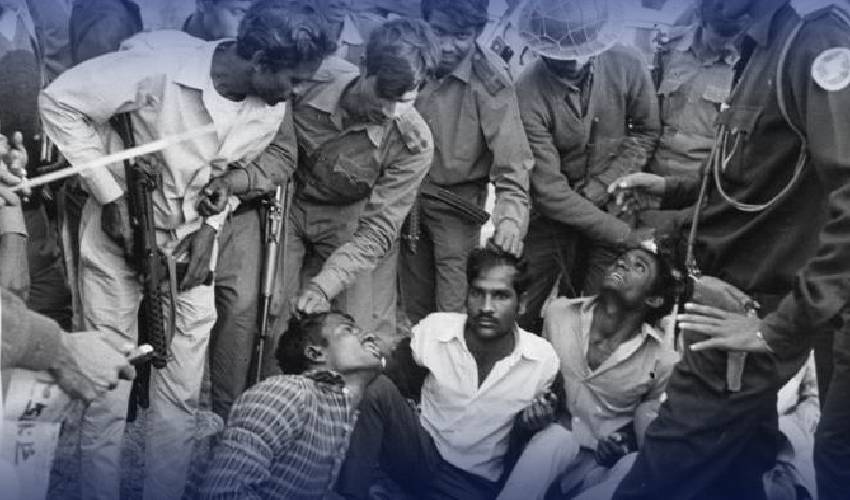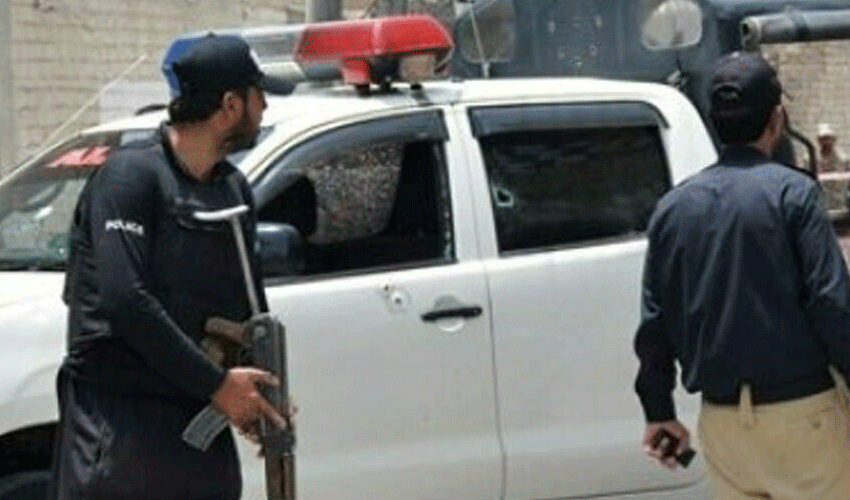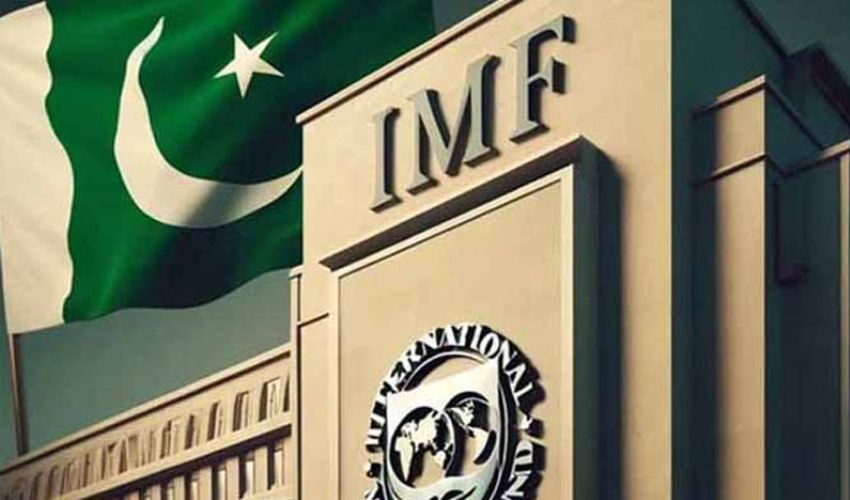In an exclusive recounting of the 1971 Indo-Pak war, retired Lieutenant Colonel Sajjad Akhtar Malik shed light on events that remain controversial to this day. His testimony offered a window into the challenges faced by Pakistani forces and the complex interplay of forces that led to the separation of East Pakistan.
According to Col. Malik, Mukti Bahini, an India-trained militia group, and supporters of Sheikh Mujibur Rahman were instrumental in the violence that marked the conflict. He detailed incidents of civilian massacres allegedly carried out by Mukti Bahini operatives, with blame often shifted to the Pakistani military.
“They wore our uniforms, committed atrocities, and left behind devastation,” he claimed. Malik further accused Indian Special Forces of perpetrating supply blockades and assaults under the cover of darkness.
While international reports often criticized Pakistani forces for human rights violations, Col. Malik refuted these allegations. “Our troops were thousands of miles from home, focusing solely on defense,” he asserted, questioning how they could have orchestrated large-scale abuses.
Malik also challenged the widely held notion that 90,000 Pakistani soldiers were taken as prisoners of war. “The figure includes civilians and local industrialists, not just military personnel,” he stated.
He narrated his harrowing experience of captivity in India, where he endured six months of severe torture, including two weeks in solitary confinement. “They kept me in a death cell during the peak of winter, offering me release in exchange for cooperation, but I stood firm,” he recalled. His family, unaware of his fate, lived in anguish during this period.
In a final interrogation, Col. Malik revealed how his resilience was rooted in his upbringing. “When asked who motivated me, I said, ‘My mother,’” he shared. This statement reportedly earned a salute from his captors.
Reflecting on the broader implications of the war, Col. Malik reiterated that the atrocities in East Pakistan were largely the work of Mukti Bahini and their allies. “This is a proven fact at the international level,” he emphasized.
The 1971 war remains a deeply polarizing chapter in South Asian history, with divergent narratives shaping its legacy. Col. Malik’s account adds another layer of complexity, underscoring the importance of examining all perspectives to understand the conflict’s full scope.



























